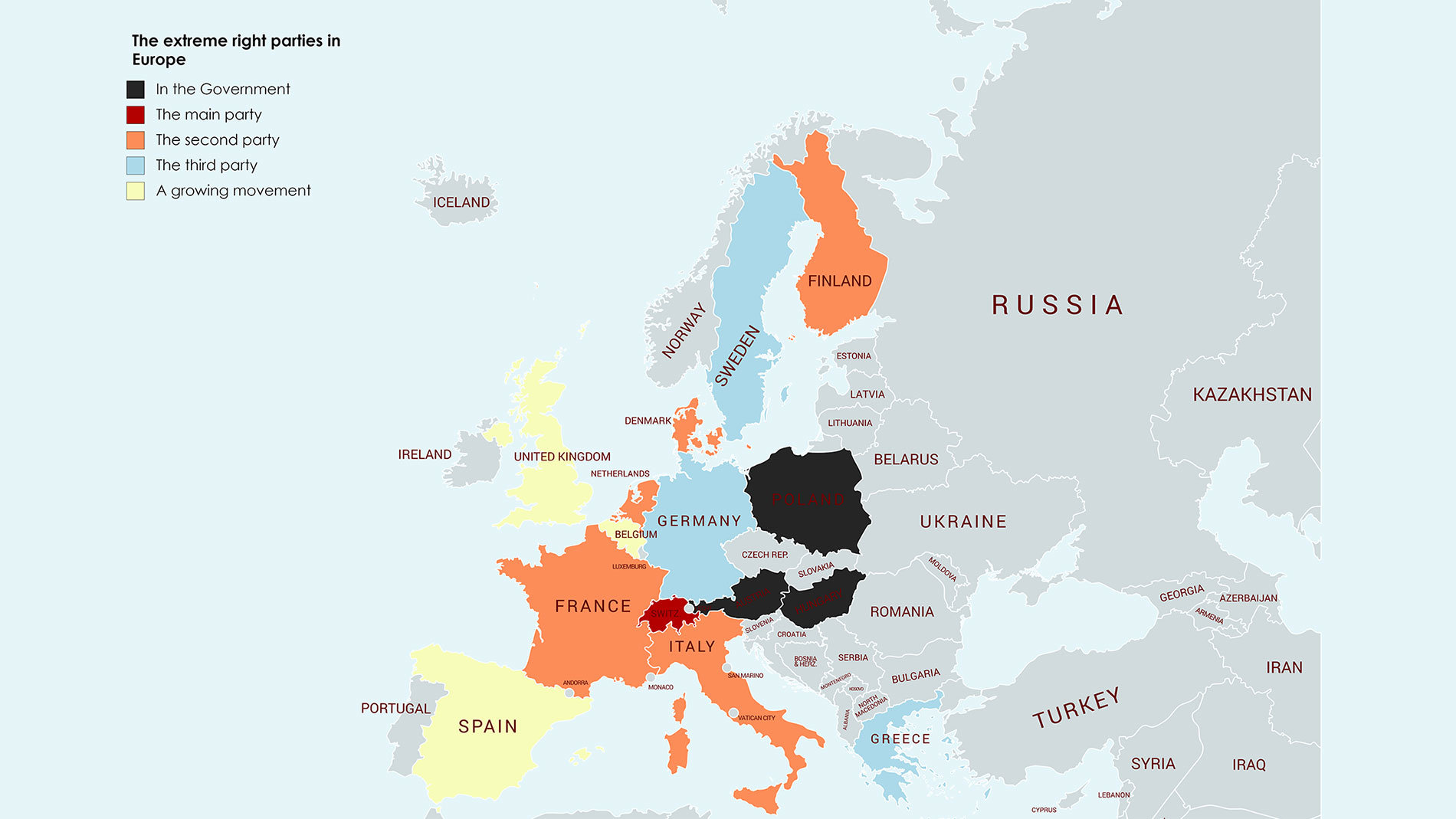Finland has just given a boost to the extreme right and anti-immigration movements in Europe, once marginal or limited to a handful of member states, but now of increasing weight in 15 countries.
The result achieved by the party of the True Finns (Perussuomalaiset) in the parliamentary elections last Sunday has left this formation on the verge of being the main group in the National Parliament, at a distance of only two tenths of the winner Social Democratic Party (SDP).
What happened in the once open and friendly Finland has ceased to be a surprise for Europe: the citizens have massively supported a party led by leaders with provincial mentality who promise to recover the essence of the country and who blame for all the evils on the immigrants, the asylum seekers and the European Union (EU).
This is a lure for uneducated voters who live mainly in the slums of the big cities and in the rural areas. People who feel they have been mistreated in the last years of austerity, social cuts and privatizations carried out by the center-right government of Juha Sipilä.
The ideology of these parties is simple and similar throughout the continent: rejection of everything that smells like foreigner, questioning the EU (with calls to 'recover the lost sovereignty'), a strong nationalist and sometimes anti-globalization discourse and contempt for sexual minorities and feminism.
A few years ago, this ideological cocktail would have embarrassed most of the voters. But today it is a trend in many countries where some conquests of the welfare state have been dismantled and the distance between rich and poor is growing.

That is why Finland is not an isolated case. In Poland and Hungary far-right forces (PiS-Law and Justice and Fidesz-Hungarian Civic Alliance) already control the government. And in Switzerland the SVP-UDC, a right-wing populist party that recently even called to suppress the free movement of European citizens, is the main force in the National Council.
Also in France, Italy, Denmark and the Netherlands
The far-right has been the second most voted force in the last general elections in France (where everything began in the 90s with the National Front founded by Jean Marie Lepen); in Italy (where the Liga entered the Government); Denmark (DF); the Netherlands (Party for Freedom) and now, Finland (True Finns).
And they have managed to become the third force in Germany (with AfD-Alternative for Germany); Sweden (Swedish Democrats); Austria (FPÖ, also in the Government) and Greece (Golden Dawn). In Britain, the UKIP (promoter of Brexit) has managed to influence national policy despite having no representative in the House of Commons.
Also, within 2 weeks will be held general elections in Spain, where polls predict the irruption in the Parliament of the far-right party VOX. According to the last poll published by the Center for Sociological Research (CIS), this party may get 5.9% of the vote.
Belgium will also hold elections in 2019. The Vlaams Belang (VB), a reconfigured version of the party banned by racist Vlaams Blok (VB), appears very well positioned in the polls.











